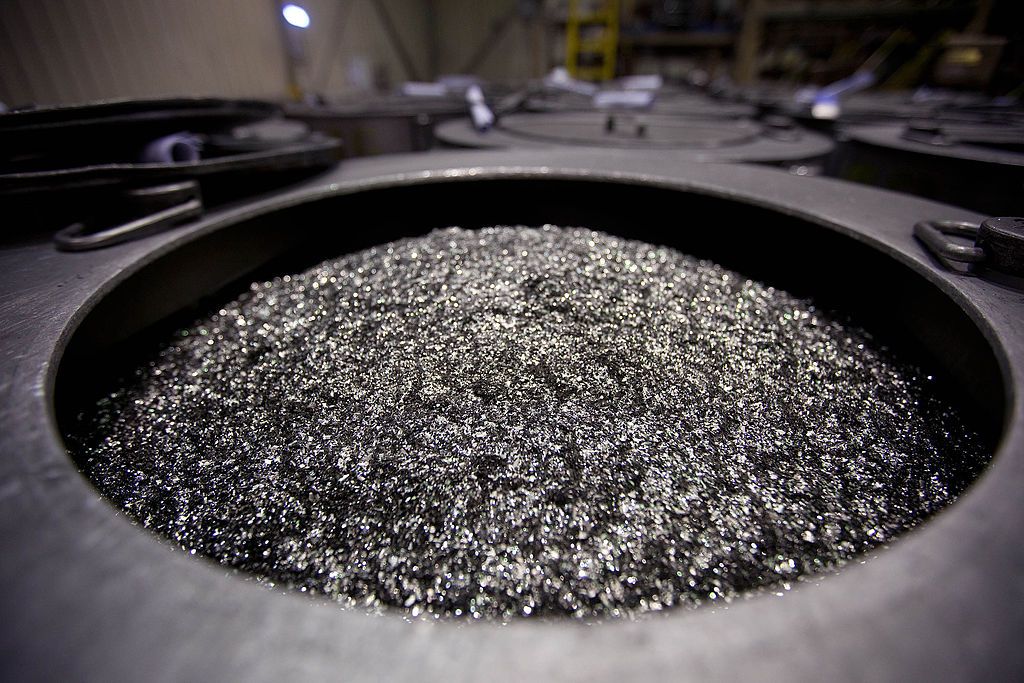China has relaxed its export restrictions on critical rare earth materials such as neodymium and terbium, a quiet policy shift that allows domestic drone makers to resume overseas shipments, according to a report by Digitimes Asia.
The move follows growing internal concerns that the initial curbs—announced earlier this year—were hurting China’s own high-tech sectors, particularly aerospace and drone manufacturing, which rely heavily on these elements for high-performance motors and sensors.
Backtrack Comes After Global Shock
This policy shift contrasts with China’s more aggressive tone from just weeks ago, when it imposed sweeping controls on rare earth exports in retaliation for US tech sanctions. (China Chokes Rare Earth Exports – US Supply Chains Face Major Shock) That decision sparked panic across global defense, EV, and semiconductor sectors, where rare earths are irreplaceable for magnetic and thermal conductivity applications.
What’s Changing Now?
- Export license approval timelines are reportedly being shortened
- Previously restricted rare earth shipments are being cleared again
- Drone makers can now fulfill backlogged international orders
Why It Matters
Rare earths are strategic minerals used in everything from EV batteries to missile systems. With China controlling over 70% of global production, even minor disruptions can ripple through global markets.
Analysts believe this easing may be a temporary tactical adjustment — aimed at supporting China’s domestic tech exporters while maintaining leverage in broader US-China trade tensions.
What to Watch
- Will China fully reverse the export ban, or is this just a carve-out for drone makers?
- How will US policymakers respond if Beijing tries to use rare earths as a strategic bargaining chip again?
For now, the supply chain strain has eased, but the underlying geopolitical tension remains — and the rare earth chess game is far from over.










